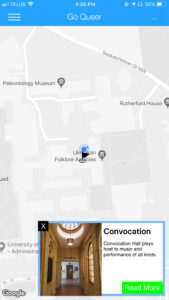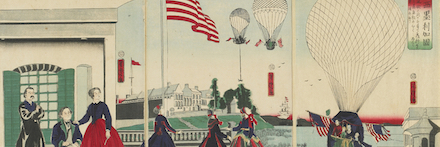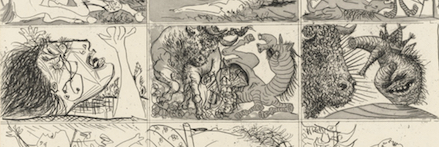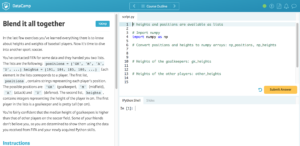Despite big hand waves, Facebook, Google, and Twitter aren’t doing enough to stop misinformation.
From slashdot I found a story about : Big Tech’s Half-Hearted Response To Fake News And Election Hacking. This Fast Company story talks about ways that social media companies are trying to prevent the misuse of their platforms as we head into the US midterms.
For Facebook, Google, and Twitter the fight against fake news seems to be two-pronged: De-incentivize the targeted content and provide avenues to correct factual inaccuracies. These are both surface fixes, however, akin to putting caulk on the Grand Canyon.
And, despite grand hand waves, both approaches are reactive. They don’t aim at understanding how this problem became prevalent, or creating a method that attacks the systemic issue. Instead these advertising giants implement new mechanisms by which people can report one-off issues—and by which the platforms will be left playing cat-and-mouse games against fake news—all the while giving no real clear glimpse into their opaque ad platforms.
The problem is that these companies make too much money from ads and elections are a chance to get lots of ads, manipulative or not. For that matter, what political ad doesn’t try to manipulate viewers?
The slashdot story was actually about Mozilla’s Responsible Computer Science Challenge which will support initiatives to embedd ethics in computer science courses. Alas, the efficacy of ethics courses is questionable. Aristotle would say that if you don’t have the disposition to be ethical no amount of training would do any good. It just helps the unethical pretend to be ethical.



